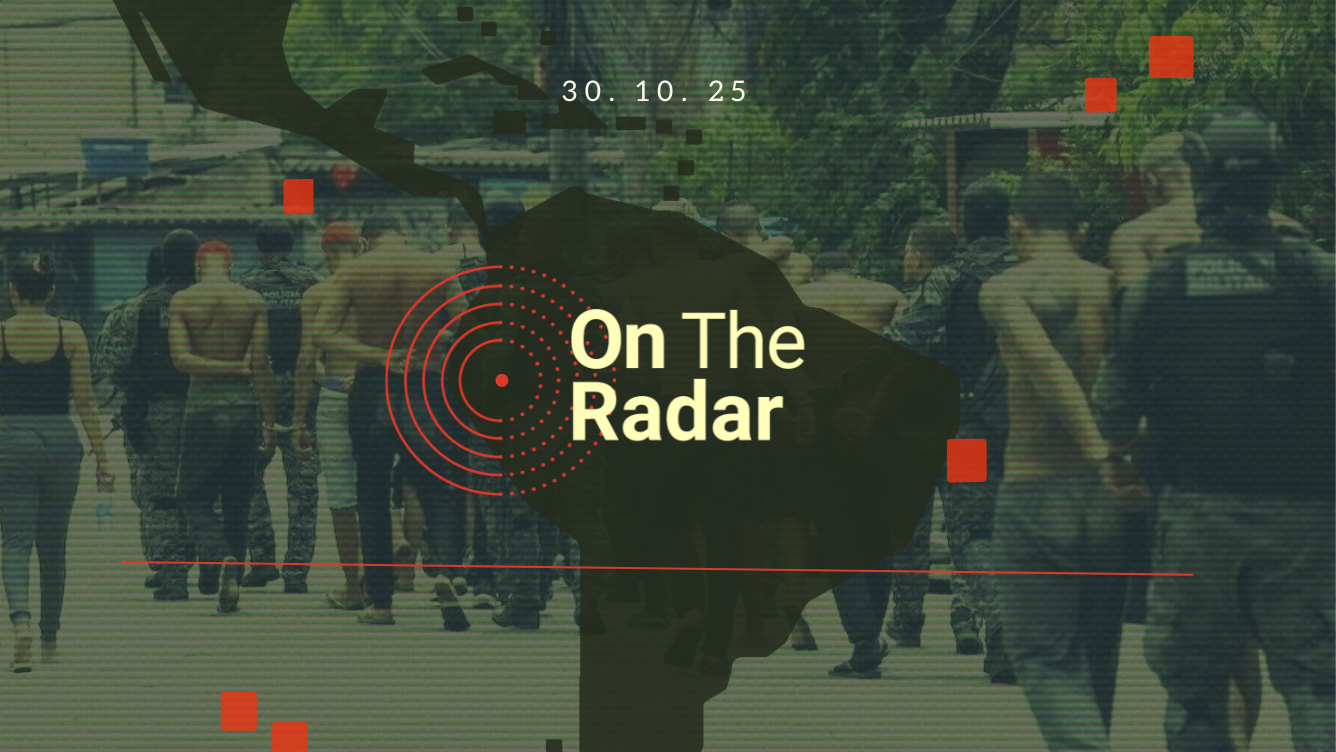Welcome back to *On the Radar*, where we track the biggest developments in organized crime across the Americas every week.
The Trump administration bombed another four vessels in the eastern Pacific on Monday, killing 14 people—the highest daily death toll since the U.S. government’s military campaign against alleged drug traffickers began early last September. These attacks came just days after the Trump government deployed an aircraft carrier to the region, marking a major escalation of the military presence already there.
The aggressive military action off the coast of Venezuela and Colombia has been framed by the Trump administration as an anti-narcotics campaign aimed at dismantling the Cartel of the Suns and the Tren de Aragua criminal groups. However, the U.S. government’s perception of both entities overlooks a more complex reality.
As Insight Crime has repeatedly stated, there is little evidence to suggest that Venezuela’s President Maduro controls Tren de Aragua. While President Trump has also linked the fentanyl trade to the current U.S. campaign in the region, our research shows no evidence of fentanyl production south of Mexico.
The Cartel of the Suns, meanwhile, is better understood as an umbrella term describing dispersed corruption networks embedded within the state that profit from the cocaine trade. It is not a homogenous cartel under the direct control of President Maduro.
In another major development, a large security operation against the Red Command gang in Rio de Janeiro this week reportedly left more than 100 people dead. Over 2,500 civil and military police officials raided two working-class neighborhoods in an effort to crack down on the gang, which had allegedly expanded its influence in the area.
Although this raid made headlines due to the high death toll, there is little new here beyond another record body count. The practice of “shoot first and ask questions later” is a longstanding tradition among Brazilian military police. Brazil has consistently led the region in police killings over the past three decades.
Moreover, such heavy-handed measures are only short-term responses to the criminal activities and governance challenges posed by Brazil’s powerful gangs. Sustainable solutions will require a more nuanced and comprehensive approach.
That’s it for us this week. Don’t forget—deep dives on all these criminal groups, countries, and trends can be found at InsightCrime.org.
https://insightcrime.org/news/on-the-radar-was-brazils-favela-police-op-a-raid-or-a-massacre/


